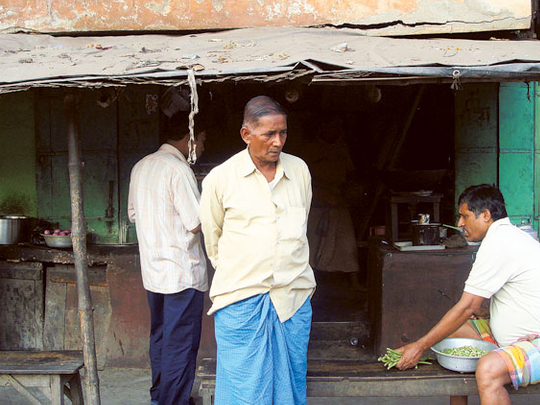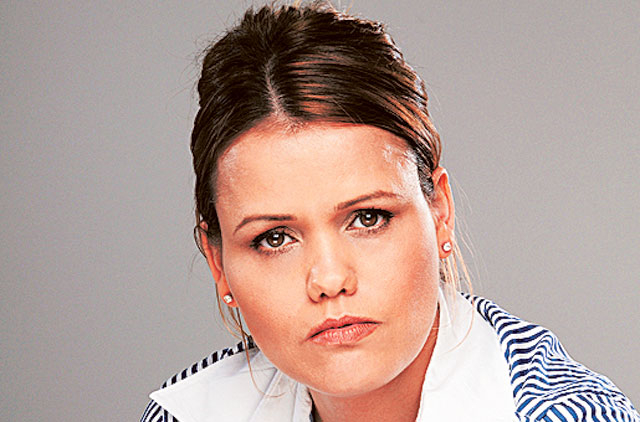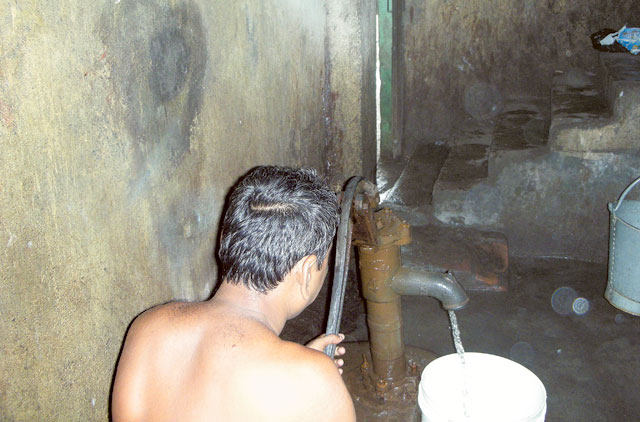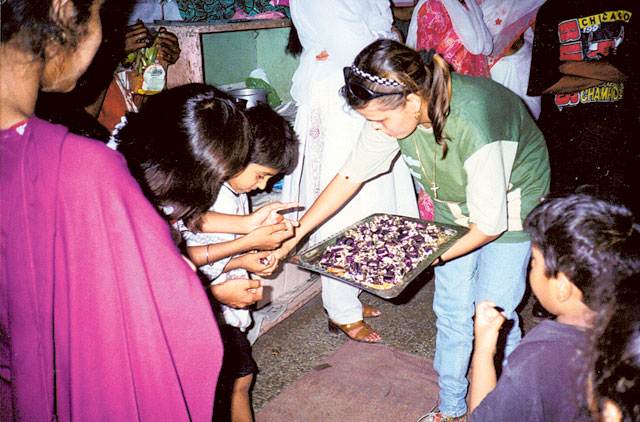
Kolkata: The journey of Jillian Haslam 42, from a slum in an eastern metropolis of India to being a corporate banker and later a motivational speaker who travels around the world with her slogan “If I can, you can”, may sound like the quintessential rags-to-riches story; it is also a stark tale of survival.
It is not uncommon for people who endured hardship during childhood to block off their past and cling on to the present and move on. But for Jillian, who is obsessed with the idea of “giving”, returning to her roots is like an ode to the inspirational and philanthropic values that her parents instilled in their children even during very difficult days.
Born to British parents’ who did not go back to England after India’s independence Jillian, the fifth of 12 siblings, fought extreme poverty, discrimination and lost four of her siblings to malnutrition.
As a child she would roam around streets, under staircases, behind people’s houses where she found a home before ending up in the slums and living off charity till she left the city at the age of 17.
“We faced extreme hardship, we were almost beggars. My sisters and I would hold on to my mother’s skirt as we started moving home from under the stairs to behind people’s houses and taking shelter in verandas. Sometimes when it would rain, we’d go asking people if we could sleep in front of their door under the shade,” recalls Jillian.
“Because we were fair skinned, spoke English and wore dresses differently, we were most hated among the teeming millions in all the streets we lived. We shifted several houses, begged, picked food from the garbage to eat, were beaten, bruised and abused by men and neighbours and lived always on charity. We were called ‘safed chuha’ (white rat) because of the fair colour of our skin,” said a candid Jillian.
“But for every atrocity, there was a parallel kindness. There was a shopkeeper who gave free milk to feed my dying sister Susan, a meat seller would give us some mutton to eat every day, some neighbours gave boiled corn, someone who would allow us to watch television in their factory. You cannot forget those acts of kindness.”
Later Jillian moved on to Delhi, where she joined American Express Bank as executive assistant to the CEO. She was appointed president of Bank of America’s Charity and Diversity Network in India, in charge of four Indian metropolises. She finally moved back to England in 2000.
Jillian is now starting a project in Kolkata to provide education, employability and empowerment to street children. The first such centre will start in Habra and she plans to have at least one in each district of Bengal.
“I am trying to do all this because I still believe I am an Indian by heart and soul. I want to empower the youth with my sub-rural communication programme. It’s a one-year course in which I will primarily teach communication skills to the semi-educated. It will include computer skills, etiquette, spoken and written English. My courses are based on Unesco reports on what children need to study,” said Jillian.
She also plans to create two voluntary organisations.
“One will serve as an educational centre for the extremely poor and the other will provide food and medical mobile services for the aged, the disabled and the blind. I plan to start mobile medical units also to take care of the people living on the streets. Apart from that I am opening a women’s network in India in which my heroine will not be a celebrity but a commoner in the crowd who has defied taboos and excelled in whatever she is doing,” she told Gulf News.
“I am already working extensively among thalassaemia patients through the NGO Remedia and the time is right to my involvement in the state to the next level,” said Jillian with a smile.















